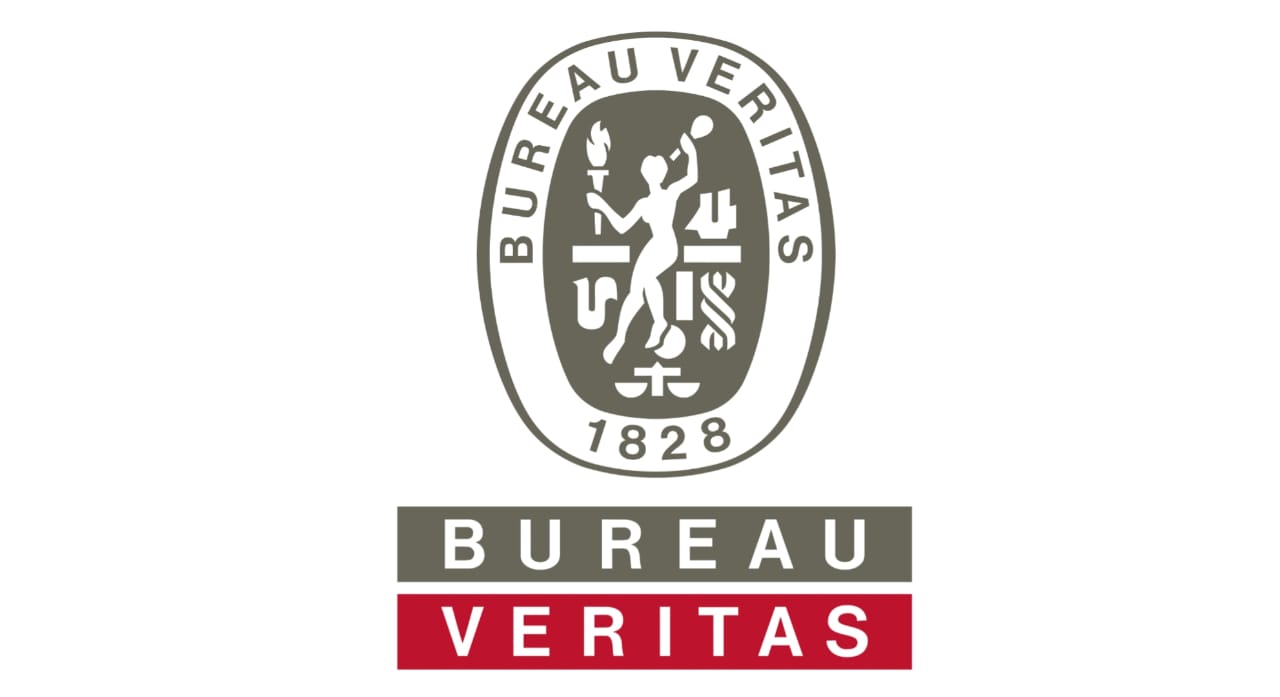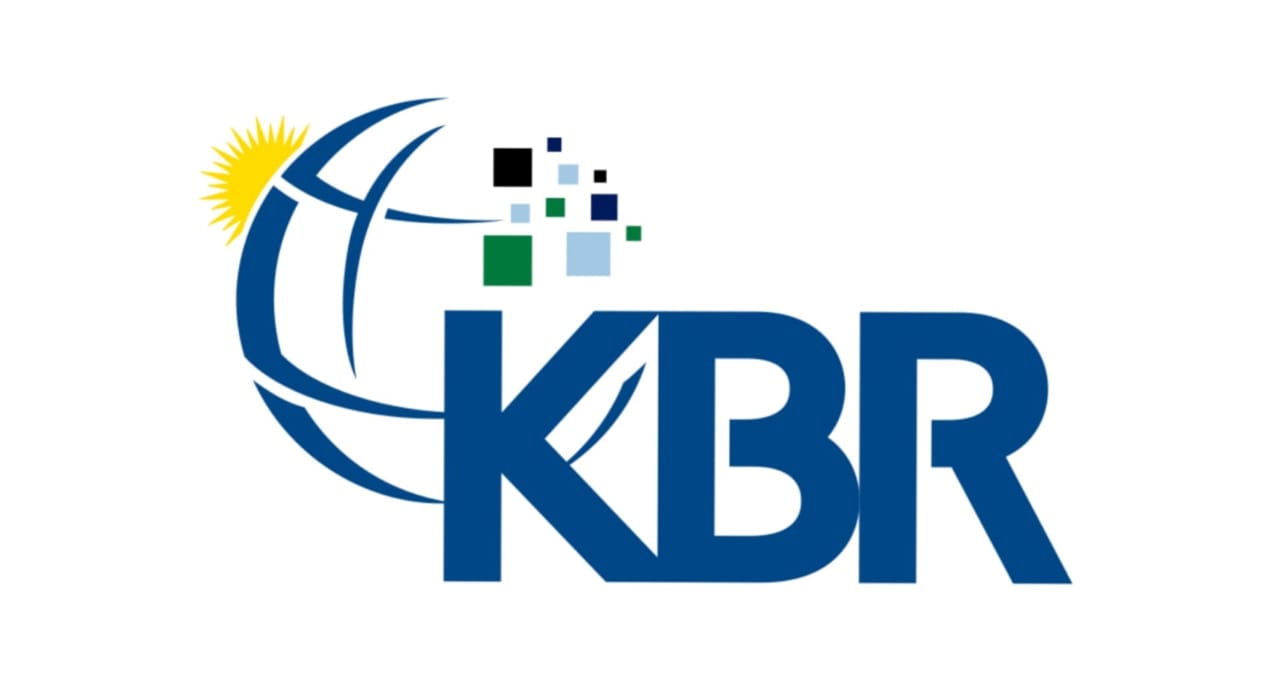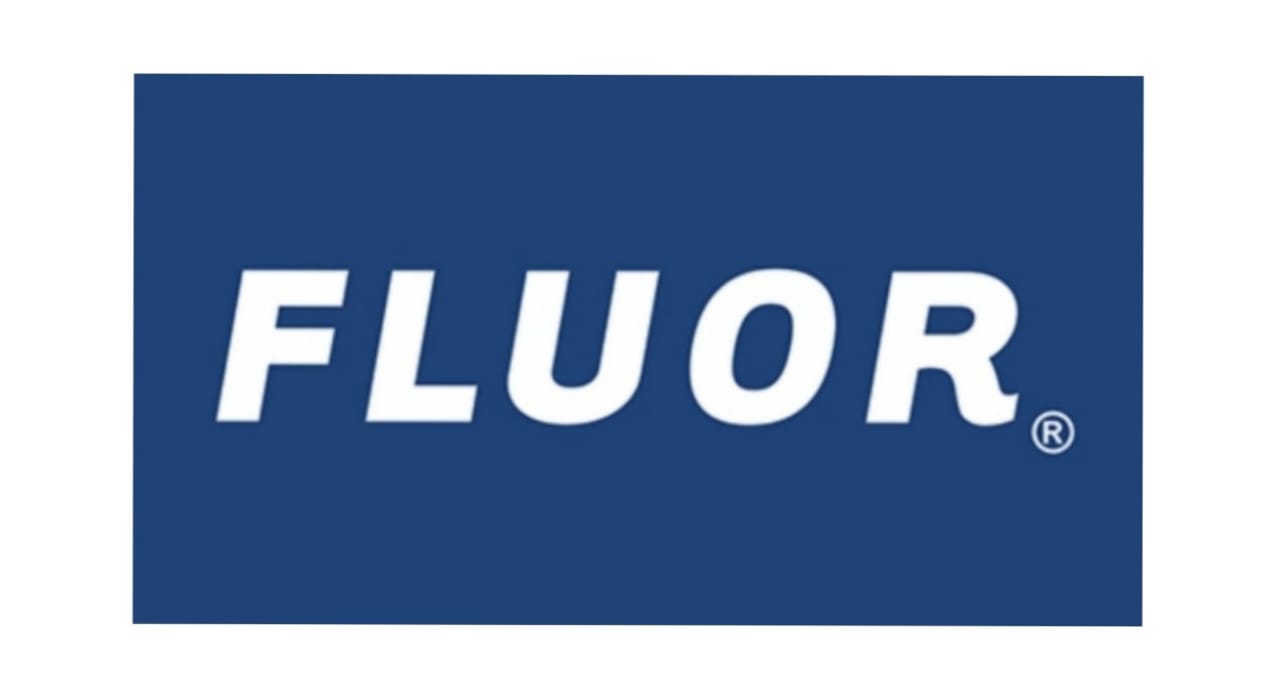THE ROLE OF REGULATIONS IN OIL AND GAS
Regulations in the oil and gas industry govern practices to promote safety, environmental responsibility, and fair resource utilization.

THE ROLE OF REGULATIONS IN OIL AND GAS
Regulations in the oil and gas industry serve a critical role in safeguarding the environment, ensuring that operations are conducted in a manner that minimizes adverse impacts on ecosystems, water sources, and air quality. Environmental regulations set stringent standards for emissions, wastewater management, and habitat preservation. Before commencing operations, companies must obtain permits and undergo comprehensive environmental assessments to identify and mitigate potential risks. These measures are vital in preserving biodiversity and maintaining ecological balance amidst energy extraction activities.
Safety regulations form another cornerstone of regulatory frameworks within the sector,oil and gas prioritizing the protection of workers, local communities, and infrastructure. These regulations encompass guidelines for safe drilling practices, robust well construction standards, regular equipment maintenance protocols, and comprehensive emergency response plans. Compliance with these safety protocols is non-negotiable, aiming to prevent accidents such as blowouts, spills, and fires that can have severe consequences for both human safety and environmental integrity.
Resource management regulations play a pivotal role in governing the extraction and utilization of oil and gas reserves. Governments implement measures such as production quotas, royalty systems, and taxation policies to ensure efficient resource allocation and equitable distribution of revenues. These regulations are designed to balance economic benefits derived from resource exploitation with the need to protect finite natural resources and minimize environmental degradation.
In fostering fair market practices, regulatory frameworks promote transparency, competition, and ethical conduct within the industry. They prohibit monopolistic behaviors, price manipulation, and unfair trade practices, ensuring a level playing field for all market participants. By upholding these standards, regulations uphold market integrity and consumer confidence while encouraging responsible business practices among oil and gas companies.
Community engagement regulations require companies to interact proactively with local communities affected by oil and gas activities. This engagement includes consultation processes, fair compensation for land use, opportunities for local employment and business development, and initiatives to mitigate social impacts. Such regulations aim to foster positive relationships between industry stakeholders and communities, minimizing conflicts and maximizing the socio-economic benefits derived from resource extraction.
Overall, regulations in the oil and gas industry are aligned with broader policy objectives related to energy security, climate change mitigation, and sustainable development. They incentivize investments in cleaner technologies, promote renewable energy integration, and encourage the adoption of carbon reduction strategies. By adhering to these regulations, industry stakeholders can operate responsibly, maintain their social license to operate, and contribute to sustainable energy practices for future generations.







